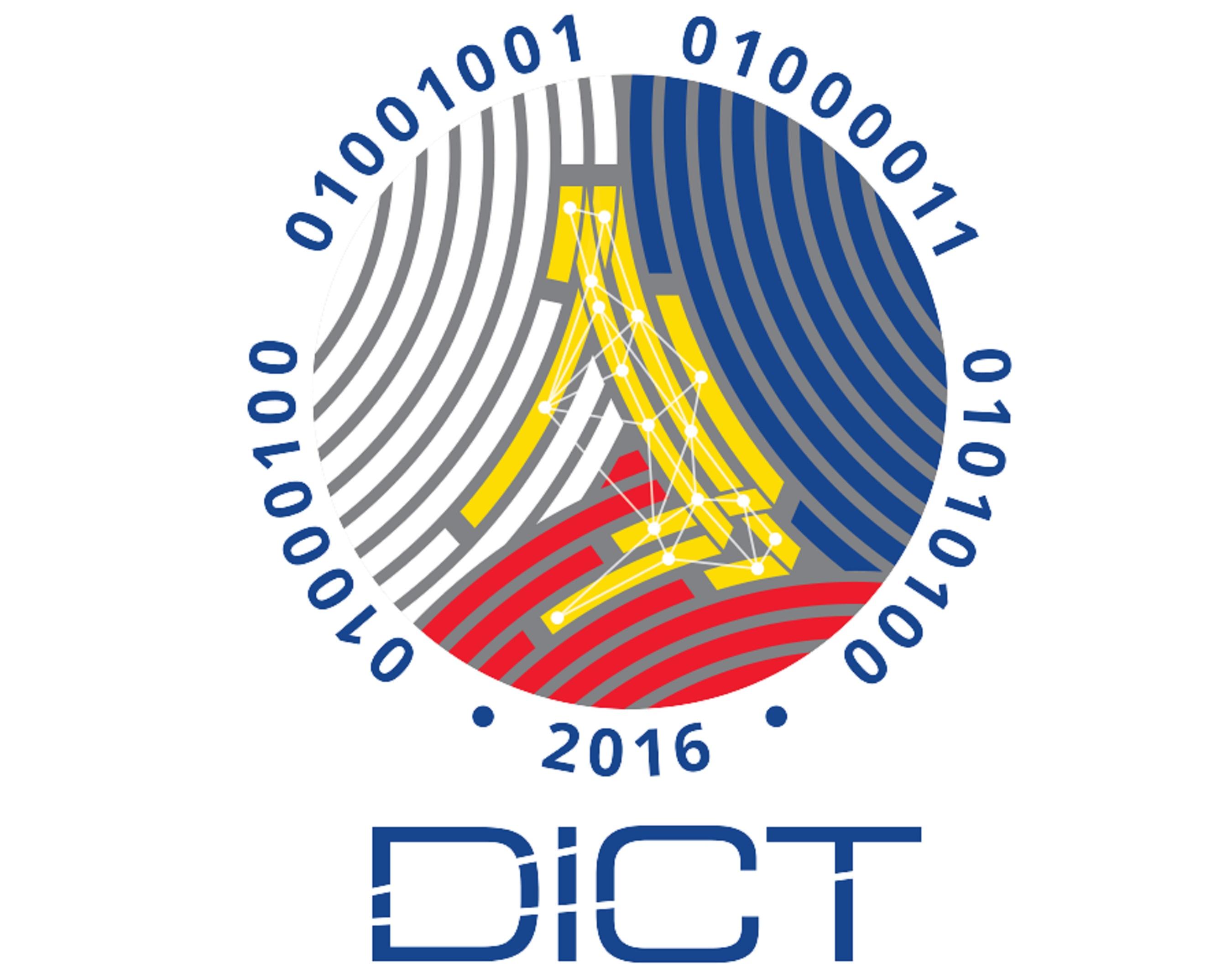DICT seeks to use spectrum users fee to fund digital infra programs

The Department of Information and Communications Technology (DICT) is seeking to tap the spectrum users fees (SUF) as capital outlay to fund the agency’s digital infrastructure programs.
SUF are collected annually from mobile network operators (MNOs) in addition to all existing fees imposed by the National Telecommunications Commission (NTC).
In a statement on Friday, the DICT said Undersecretary Emmanuel Rey Caintic explained to the House committee on good governance and public accountability the alleged irregularities and setbacks in the implementation of the 2018 Pipol Konek Project or the Free Wi-Fi for All.
Caintic said that allocations to the DICT’s implementation of the free public internet access program from the SUF are currently classified as maintenance and other operating expenses (MOOE).
As such, the DICT official said the department cannot use the collected fees to acquire its own Very Small Aperture Terminal (VSAT) technologies, among others.
He added that the allocated budget for the department is likewise not enough for purchasing such equipment.
This is in response to queries on why the DICT continues to award contracts to suppliers to provide VSAT technologies in geographically isolated and disadvantaged areas (GIDA) instead of purchasing its own VSATs.
“We are simply limited by the funding. We have always been given MOOE on the use of the SUF, so we need to unlock the SUF and also allow it to be used for capital outlay,” Caintic said.
“If we will be allowed to unlock our SUF to both build the digital infrastructure as well as making it a capital outlay, definitely we will be able to create a more sustainable program na hindi taun-taon para tayong nagre-rent lang,” he added.
MOOE refers to an expenditure category for support of the operations of government agencies while capital outlay are expenditures for the acquisition cost of capital assets, such as equipment and infrastructure.
Caintic said that the DICT is confident it can manage the operation of DICT-owned VSATs if it will be given the fund to buy the technologies.
“In the first couple of years, we will outsource some level of help, but in due time – that’s why we need a good program to manage our digital infrastructure – we will be able to manage it in time. That is the plan at least for national government entities – LGUs and NGAs,” he said.
Members of the House of Representatives support the call of the DICT to utilize the SUF as capital outlay, according to the DICT.
It said Representative Victor Yap is calling on the amendment of Republic Act 10929 or the Free Internet Access in Public Places Act to give DICT a leeway in utilizing SUF.
Representatives Weslie Gatchalian and Bernadette Herrera-Dy also expressed their support in “unbundling the SUF.”
Section 17 of the Republic Act 10929 or the Free Internet Access in Public Places Act created the Free Public Internet Access Fund (FPIAF) under the management of the DICT to provide financing for the implementation of the program.
The FPIAF shall be funded out of the Spectrum Users Fees collected by the NTC and other sources to be identified by the Department of Budget and Management (DBM).
At present, the DICT implements the National Broadband Program (NBP) along with the Free Wi-Fi for All Program.
The NBP acts as the blueprint for the deployment of broadband connectivity in the country aimed at providing fast, cheap, and reliable Internet Connectivity to the Filipino people.
Complementing the NBP is the establishment of Provincial Broadband Networks to be linked to the national backbone. — RSJ, GMA News




